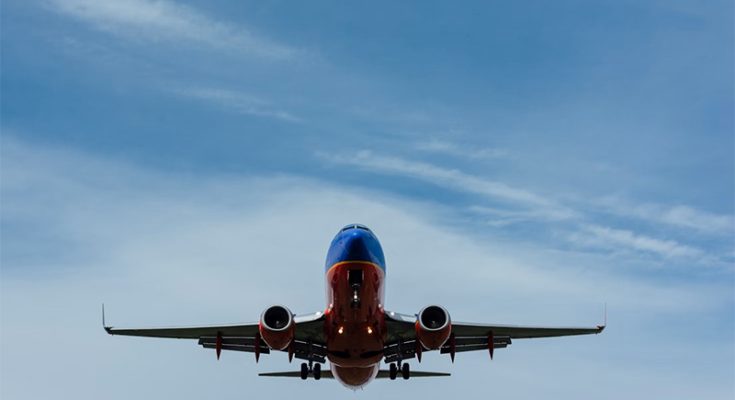Toronto/CMEDIA: New rules are reportedly being proposed by the federal government for travellers whose flights are disrupted by exceptional circumstances outside of carriers’ control.
The new rules announced Saturday by The Canadian Transportation Agency (CTA)’s amendments to the Air Passenger Protection Regulations, would require carriers to provide meals to passengers whose flights are delayed at least two hours, along with overnight accommodation if necessary and providing refunds within 15 days by the Airlines down from the current deadline of 30 days.
If a passenger prefers to be reimbursed rather than rebooked when their flight is cancelled, delayed at least three hours, or they are bumped from the flight, that timeline shift is meant to better align with practices in the U.S. and the European Union, the federal agency said.
Exceptional circumstances, said Ottawa includes security threats, unscheduled airport closures, bird strikes, weather or aircraft damage that could affect flight safety, among other examples.
CTA has been working to amend regulations associated with the Canada Transportation Act aiming to tighten rules for passenger rights since the Liberal government passed legislation last year.
Those reforms require airlines to show if a flight disruption is caused by safety concerns or reasons outside their control.
More than 150,000 air travel complaints since 2019 have been received by the agency with many of those having been unresolved.
The proposed amendments seek to simplify the rules for both travellers and air carriers, Transport Minister Anita Anand said.
“The proposed amendments eliminate grey zones and ambiguity about when passengers are owed compensation, which will ensure quicker resolutions for passengers,” she said in a statement.
“We will work to reach the right balance between protecting the rights of passengers and promoting a competitive air sector.”
The changes are now open to 75-day feedback period.
Included in the regulations are a $250,000 maximum fine for airline violations, an amount that had been originally proposed by the Liberals’ 2023 legislation. It marks a tenfold increase over existing penalties
The proposed amendments, The federal agency said is estimated to cost carriers around 99 cents per passenger flight annually, or around $512 million over a 10-year period after they come into effect.





